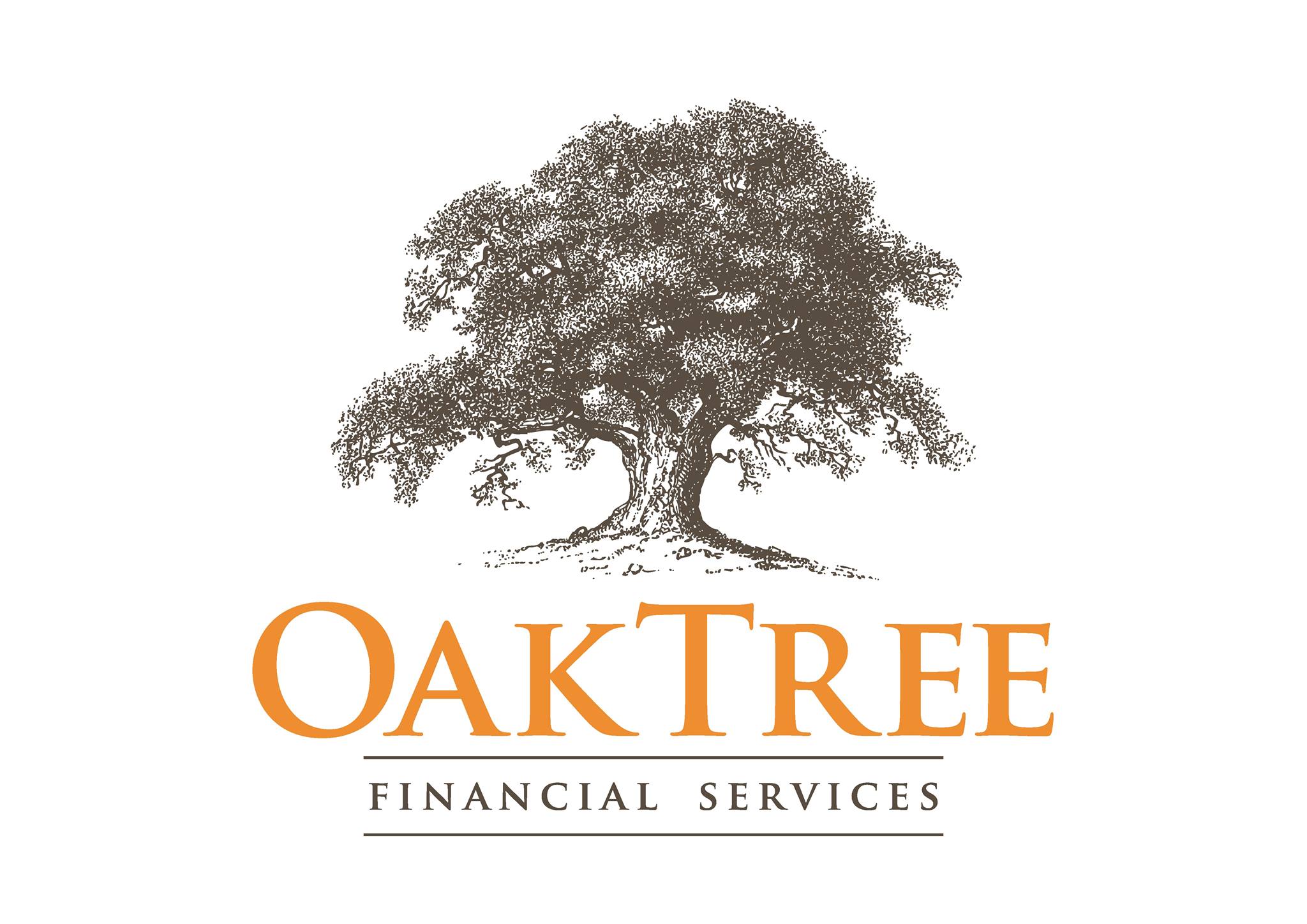With our busy lives, planning can often take a back seat to the needs of the moment. This is especially true when it comes to financial matters. However, every once in a while, it is important to stop and take stock. Think about what you might want or need a few years down the road. Wouldn’t it be nice to know that there is a place where your money can go where the value could be increasing over time, to give you the life you want in the future or to be there at a time when you need it.
Many people leave their money on deposit because it’s simply easier to do that instead of making a decision to invest. These days with the almost negative interest rate that can be achieved with banks and the caps that Credit Unions have put on member savings it is so important for people to know that there are many other alternatives available.
Investing means, in simple terms, using your money to make more money. Technically, anything that generates a return is an “investment”. This means that even your savings account generating 0.5% interest is an “investment”. Typically, however, when most people talk about investment, they are referring to higher return investments.
Saving vs Investing
Regular saving is a great way to build up money over time to meet your financial goals. If you have already built up a lump sum, then investing could be a good option for you. You may stand to earn a greater return by investing your cash instead of leaving it in a cash deposit account especially in this low-interest environment.
Making a decision to save or invest will be influenced by the kind of financial objective you have. Do you want to save over a short time period, or over a longer-term? Such factors will help determine if regular saving or investments will be your best options. For short term goals a bank deposit account might be your best option but for long term goals, then investing can give you the opportunity to earn a higher return over the medium to long term.
Attitude to Risk
When it comes to investing, especially lump sums, it’s important to be aware that there is a level of risk involved. Usually the greater the potential return you want from your savings and investments, the greater the risk you have to take.
Investing ensures present and future long-term financial security. The money generated from your investments can provide your financial security and income. Two factors that influence your returns is the length of time you will invest for and the type of investment choice you make. It’s important to work with your financial advisor who will give you guidance and advice on what is most suitable to your personal circumstances. Working together will ensure the investment choices made will live up to your expectations and provide the growth and security you are comfortable and happy with.
Oaktree Financial Services are a bespoke financial services company and a big part of how we help our clients achieve financial freedom and security is to help them grow their wealth in a way that is safe and achievable. If our services can help, please let us know and we will happily offer you personalised advice.

Adrian Godwin is a Senior Financial Consultant and the co-founder and managing director of Oaktree Financial Services. With a background in accounting and tax advising, Adrian specialises in estate planning and wealth management.Adrian offers clients reassurance through best practice solutions. His unique skill set and qualifications enable clients to develop comprehensive life plans that align with their goals.


